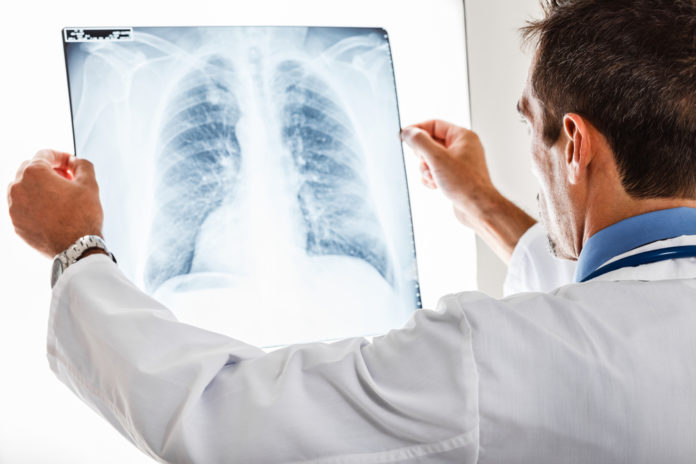According to the American Lung Association, pneumonia is a complication of a respiratory infection. Although anyone can get pneumonia, older adults, children, and individuals with a chronic disease are more susceptible. But what causes pneumonia, what are the pneumonia symptoms and treatments, and how may it be prevented and cared for?
What Causes Pneumonia?
The origin of pneumonia is variable and includes five primary causes, including bacteria, viruses, mycoplasmas, other infecting agents, and various chemicals. Influencers of pneumonia are diverse, with many encompassing age-related threats, ultimately raising the risk of pneumonia in seniors. Common risk factors include:
- Chronic lung diseases such as chronic obstructive pulmonary disease (COPD) or cystic fibrosis
- Recent viral respiratory infections, surgery, or trauma
- Difficulty swallowing or impaired consciousness caused by stroke, dementia and Alzheimer’s disease, Parkinson’s disease, and other neurological conditions
- Chronic lung diseases
- Serious illnesses, including heart disease and cancer
- Compromised immune systems
- Residing in an assisted or skilled nursing facility
- Cigarette smoking
Pneumonia Symptoms, Treatment and Care
Although indicators may vary based on the type, general pneumonia symptoms include:
- Persistent cough with potential green or yellow mucus production
- Fever, which may be exceptionally high in bacterial and viral pneumonias
- Chills or excessive sweating
- Shortness of breath, low energy, and fatigue
- Confusion, especially in the older population
While treatment is required across the board, seniors are at an increased risk of developing complications, suggestive of thoughtful, potentially aggressive care. And similar to the symptoms, treatment may also align with pneumonia’s cause. But the primary care of pneumonia includes curing the underlying the infection, managing unpleasant symptoms, and preventing additional complications, which commonly includes:
- Getting lots of rest and drinking plenty of fluids
- Taking cough medicine only after consulting with a doctor
- Controlling fever with medications if needed
- Complying to antibiotics if prescribed
- Admittance to the hospital if severe, especially to assess oxygen levels and hydration status, which may require supplemental oxygen and IV fluids
Preventing Pneumonia
It is absolutely evident that pneumonia raises large concern, especially in the senior population. Fortunately, though, the following preventative measures reduces the susceptibility of its occurrence:
Stop Smoking
If you smoke, practice smoking cessation techniques. Individuals who smoke are more likely to get pneumonia.
Avoid Others with Infections
Try to stay away from others with colds, the flu, and other types of respiratory tract infections to reduce their spreading potential.
Practice Sanitation
Although running into others with an infection may be out of your hands, be sure to wash yours! Disinfectant kitchen counters, bathrooms, and ANY surface to reduce a bacterial or virus invasion. Also be sure to brush teeth or dentures thoroughly.
Get Vaccinated
Specific pneumococcal shots are recommended for adults aged 65 or older. Other vaccines may include measles, flu, and chickenpox, although a healthcare provider can assist in which shots are beneficial for you and your health.
Make Health a Habit
One of the greatest preventative measures against any health condition comprises of good health habits. A strong, healthy body can be attributed to exercise, sleep patterns, and diet, including these eight foods to boost your immunity!
References:
Pneumonia – Prevention. WebMD.
Pneumonia Symptoms, Causes, and Risk Factors. American Lung Association.






